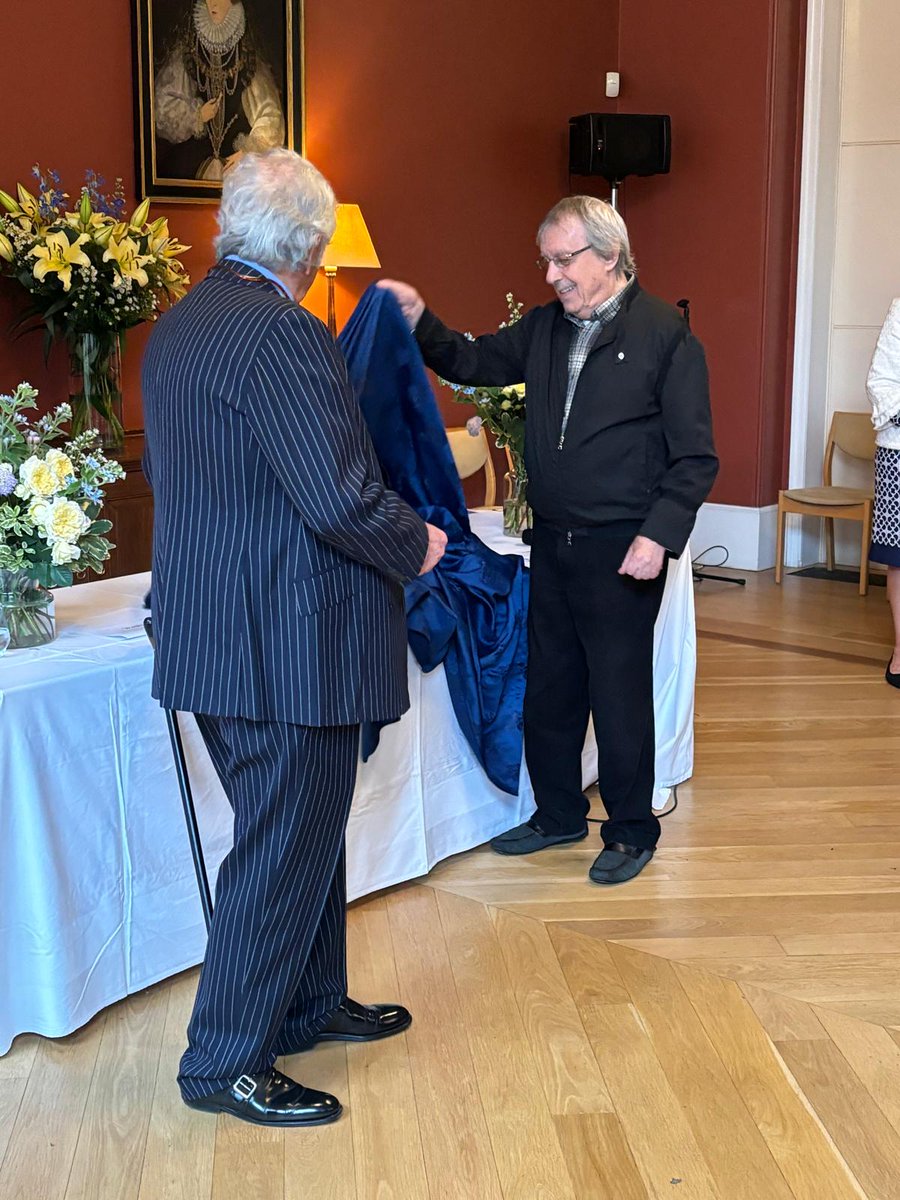Inside Mick Jagger and Keith Richards’s Five-Decade Bromance
FROM THE MAGAZINE
April 1, 2016 8:00 am
by Rich Cohen,
http://www.vanityfair.com/culture/2016/03/mick-jagger-keith-richards-rich-cohen#...Five picture in the article
After covering the Rolling Stones in the 1990s, Rich Cohen worked with Mick Jagger on what became the HBO series Vinyl. In an adaptation from his book on the Stones, he shares a close-up of the band, and the friendship behind it.
I n 1994, when I was 26, working as a reporter for Rolling Stone, I went on the road with “The World’s Greatest Rock Band.” For me, it was like falling into the diorama. Just like that, I was on the other side of the glass with Mick, Charlie, Keith, and Ronnie, in the hotel rooms, on the airplane, watching the band play from the wings, even from the stage itself. In one case, Mick Jagger introduced me to Bruce Springsteen as “my good friend.” In another, Keith, sweat-soaked and wheezing as we rushed away from a gig, smiled at me and, quoting Jake LaMotta in Raging Bull, said, “Put my robe on right! Put on my robe!”
I watched the Stones rehearse in a middle-school gym. I talked Chicago and jazz with Charlie Watts in a hotel suite. I drank whiskey with Ron Wood and the sax player Bobby Keys when they got word that a friend of theirs, pianist Nicky Hopkins, had died in Nashville. Keys grimaced, then tossed back four fingers of Jack Daniel’s, eyes filled with tears.
The Stones have always held a special place in my life. It started when, at 10 years old, I heard the opening of “Honky Tonk Women” through my brother’s bedroom door, which, like so many things, was closed to me. The cowbell that opens that song was like a muezzin call, ushering me into a new life. The music made me feel grown up and mean and suggested a dangerous world of drugs and booze and all manner of sin I looked forward to trying myself. I’ve been a rock ‘n’ roll monotheist ever since. For me, there’s only been the one band. Late at night, as I was interviewing Richards, and he was a pirate in a high-backed velvet chair, he stopped and looked at me, really looked at me, and asked, “What year were you born?”
“Nineteen sixty-eight.”
“I can’t imagine that,” he said, smiling. “It’s weird. You should be answering questions for me. You tell me. I don’t know. What’s it like to live in a world where the Stones were always there? For you, there’s always been the sun and the moon and the Rolling Stones.”
My relationship with Mick Jagger—he made fun of my hair when it was long and more fun of my hair when it was short—was even more interesting. He actually felt like a friend, which made me happy but also sad. When my work ended, it would all be over and I’d return to my place with the yokels on the other side of the glass. Amazingly, this isn’t what happened. In fact, a short time after I’d done my reporting, my relationship with Mick led to a job opportunity. Mick Jagger and Martin Scorsese had been kicking around an idea for a collaboration; they’d make a movie about rock ‘n’ roll, the whole story told via an Ahmet Ertegun-like executive who’d lived it all, Elvis to N.W.A. Soon after I landed this assignment, Ertegun himself, whom I was interviewing in his office at Atlantic Records, grabbed my arm and said, “You’ve scored a ridiculous gig!”
Jagger has devoted much of his energy in recent years to the business of making movies, a kind of second career that grew from his early collaborations with filmmakers and photographers. Scorsese told me about the first time he worked with Jagger: Scorsese wanted to use “Jumpin’ Jack Flash” in a crucial scene in Mean Streets. Jagger insisted on seeing the entire movie first. Before that, Jagger knew the business mostly from the other side of the camera, via starring roles in Tony Richardson’s Western Ned Kelly and Donald Cammell and Nicolas Roeg’s cult classic, Performance.













 Pages: 1
Pages: 1

